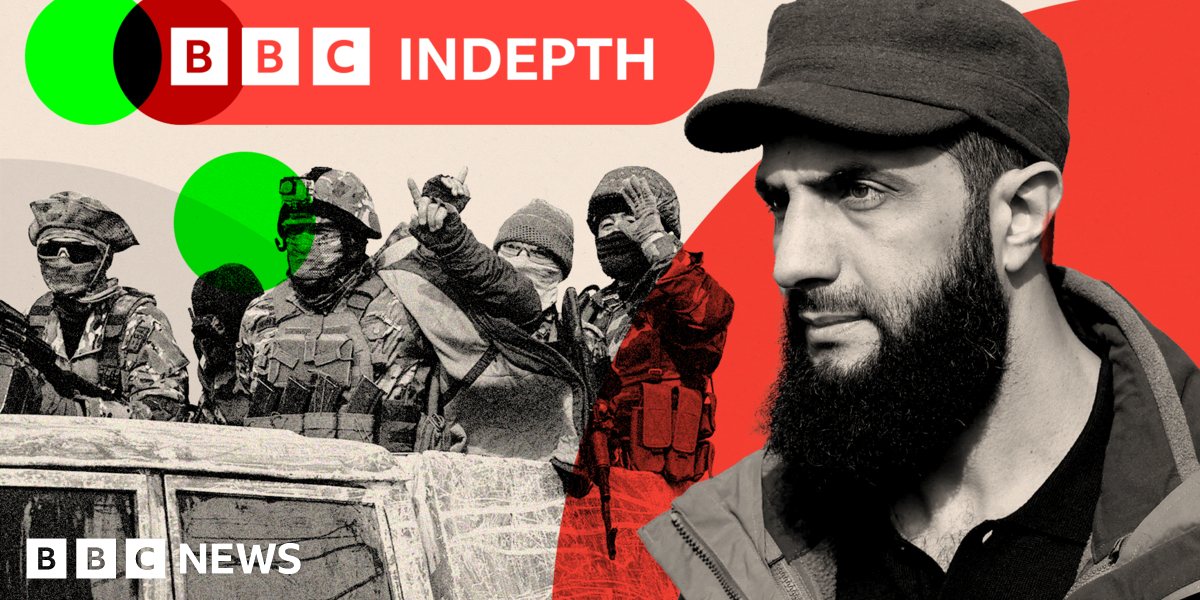HTS solidified its authority in Idlib through a dual strategy: winning the hearts and minds of local populations through offering some form of stability, while using force to stamp out or co-opt rivals and even former allies.
The group moved away from distinctive jihadist rhetoric, fighting for religion, and the establishment of Islamic rule (Sharia) in Syria, as part of a wider interconnected global project. Instead, they adopted a more “revolutionary” and nationalist narrative, focusing on the singular goal of toppling Syria’s president Bashar al-Assad and “liberating” Syria.
The civilian front established by HTS in 2017 to administer Idlib was called the Syrian Salvation Government (SSG). The aim was to demonstrate HTS’s governance capabilities, and bolster its legitimacy. This move was likely also aimed at alleviating fears about militants running a province, seeking to distance itself from the brutal image associated with IS’s rule over territories in Syria and Iraq.
The SSG operated as a mini-state, complete with a prime minister, ministries and local departments managing key sectors such as education, health and reconstruction, all while adhering to a religious council guided by Sharia (Islamic law). It also established professional-looking military and police academies, frequently showcasing their graduation ceremonies and organising military parades, typically attended by al-Sharaa.
The SSG frequently showcased its achievements in reconstruction and service provision. It often contrasted these efforts with the dire conditions and rampant corruption in areas controlled by the Syrian government or rival rebel groups. Al-Sharaa even twice attended Idlib’s annual book fair, giving speeches.
But HTS faced significant challenges in Idlib, and its rule was far from smooth.
Prior to the 27 November HTS-led rebel offensive, the group was dogged by anti-HTS protests, particularly targeting al-Sharaa’s leadership. Protesters accused HTS of suppressing dissent through forced disappearances and imprisonment of opponents and critics.





